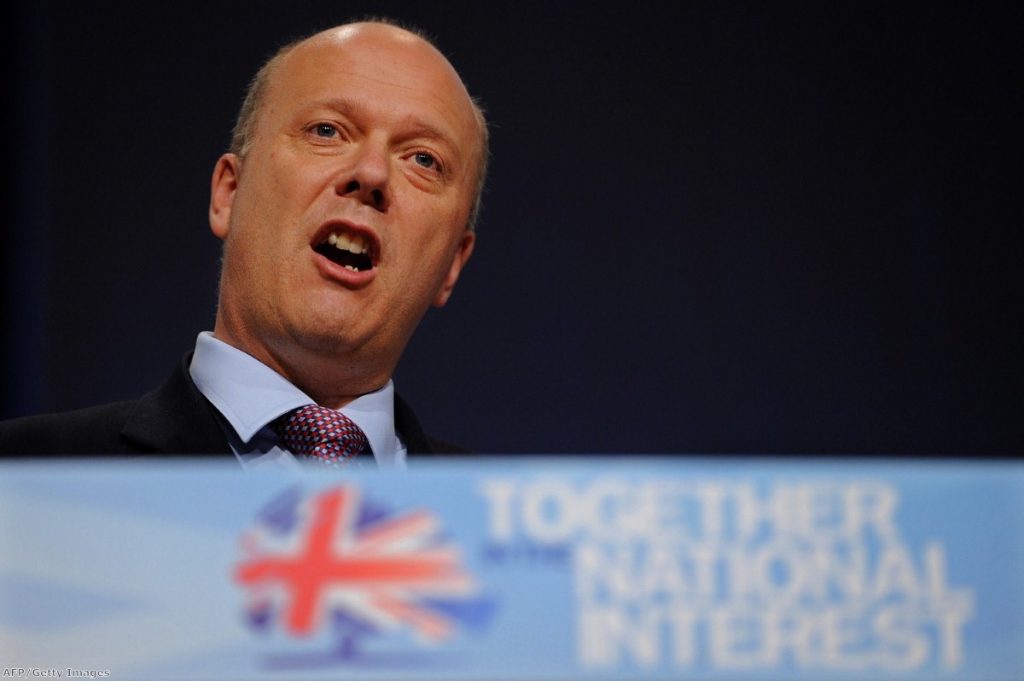Crisis of justice: Probation staff and solicitors go on joint strike
A joint strike by probation staff and solicitors will bring parts of the justice system to a standstill today, as Chris Grayling faces the latest crisis to hit the Ministry of Justice (MoJ).
Up to 14,000 people will take part in the strike, with magistrates courts in major urban centres like London, Manchester, Birmingham and Leeds expected to be affected.
Probation staff are taking industrial action from midday over plans to outsource 70% of the service to private and voluntary providers.
Solicitors are undertaking their third strike against cuts to legal aid, although they will not be joined by criminal barristers, who dropped out the action after it was announced the cuts would not take place until after 2015.


It is the first time solicitors and probation staff have held a joint strike.
"The government plan to outsource 70% of the probation service is untried and untested," Ian Lawrence, general secretary of Napo, the national association of probation officers, said.
"It is a dangerous social experiment that we believe will lead to a reduction in rehabilitation and fragment risk management, placing the public at risk.
"These reforms are ideologically driven and being pushed by a political timetable."
Nicola Hill, president of the London Criminal Courts Solicitors' Association (LCCSA), said: "As the government dismantles the criminal justice system, risks are being taken which threaten public safety and the right to a fair defence.
"As the justice secretary scrimps on legal aid, the risk of the innocent going to jail is set to become a nightmarish reality."
There are also concerns that imminent changes to judicial review will also prevent campaigners challenging government decision-making open the door to state impunity.
The privatisation of probation comes despite the service winning the British Quality Foundation Gold Award for Excellence and getting reoffending rates down to 34.2% after a decade of year-on-year decline.
Public probation services will be left responsible for the rump of 30,000 high risk cases, but 220,000 low-to-medium-risk offenders will go to private firms and voluntary groups.
There are concerns about how the privatised system would work however, with experts stressing that it is very difficult to isolate causal factors in what changes offenders' behaviour.
Providers will receive payment only if they can show their work has directly resulted in reductions in reoffending, but many believe this is an impossible standard to demonstrate.
A pilot scheme will only report back in 2015/16 and even then is reliant on offenders volunteering to take part, meaning only the most motivated individuals are likely to take part.
There was a demonstration outside Westminster Magistrates court today, with protestors then gathering outside parliament tomorrow – Grayling's birthday – to push their case.
The strike could not come at a worse time for the justice secretary, who is currently fighting a controversy over a ban on prisoners being sent books and the threat of a wave of compensation claims from prisoners who have served time beyond their minimum term.
Justice minister Jeremy Wright said: "It is very disappointing that Napo has chosen to strike when we are making positive progress towards the implementation of these vital reforms.
"We are pleased that Napo, along with the other probation trade unions, has recently ratified a National Agreement on staff transfer that will provide a series of protections for probation staff. We are therefore surprised that they have now chosen to adopt this unhelpful course of action.
"Probation Trusts have well established contingency arrangements to deal with any potential action and we will continue to support staff and engage with unions as our reforms move forward."









